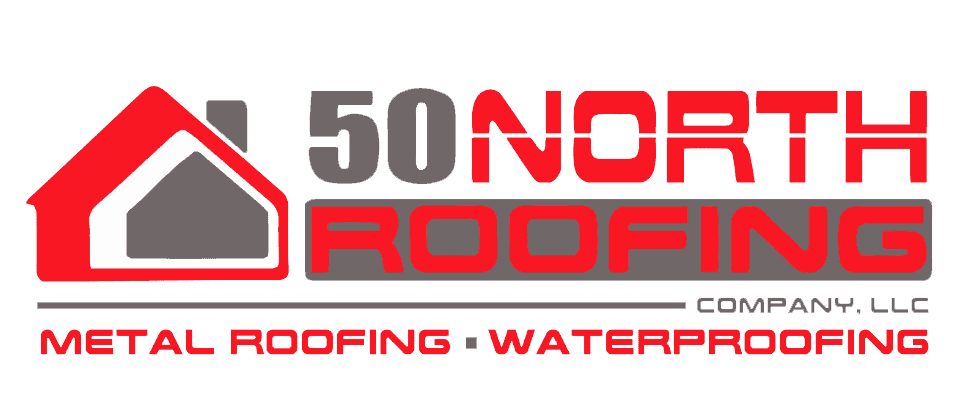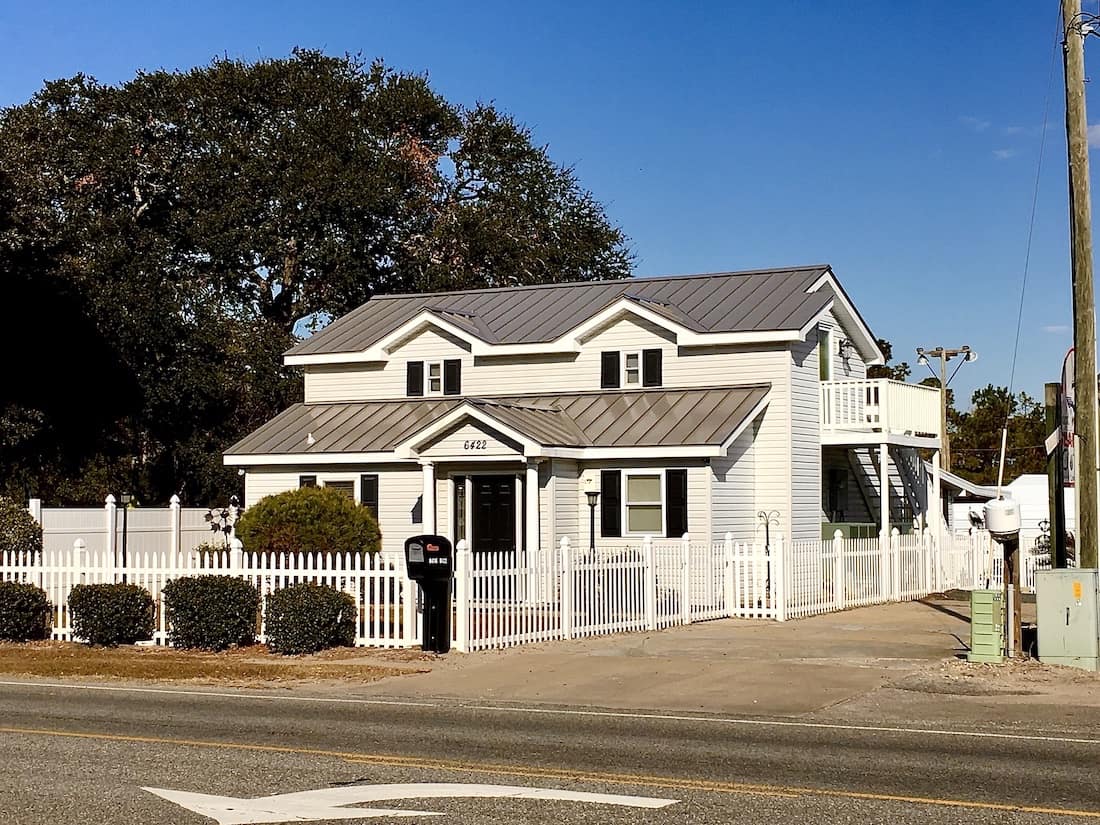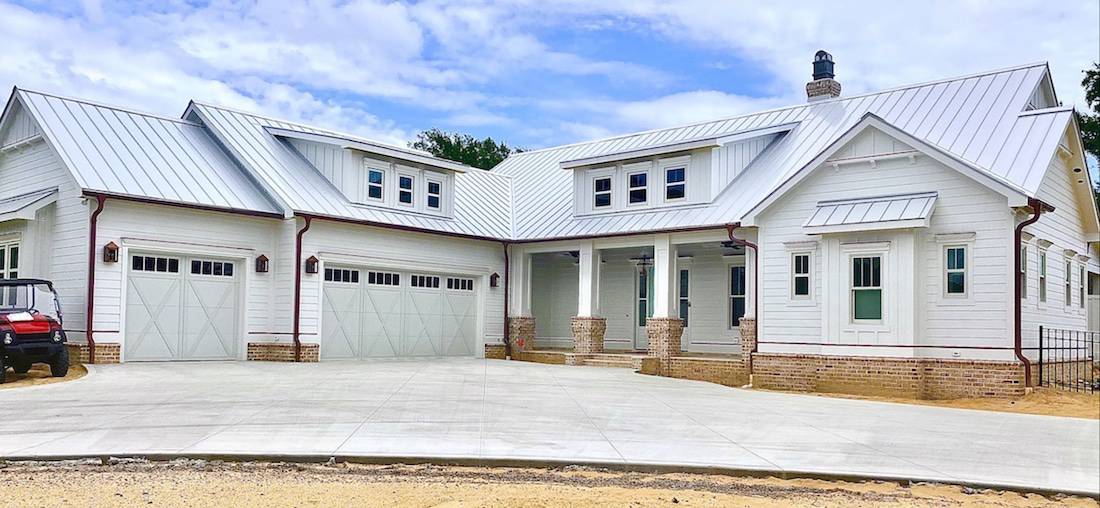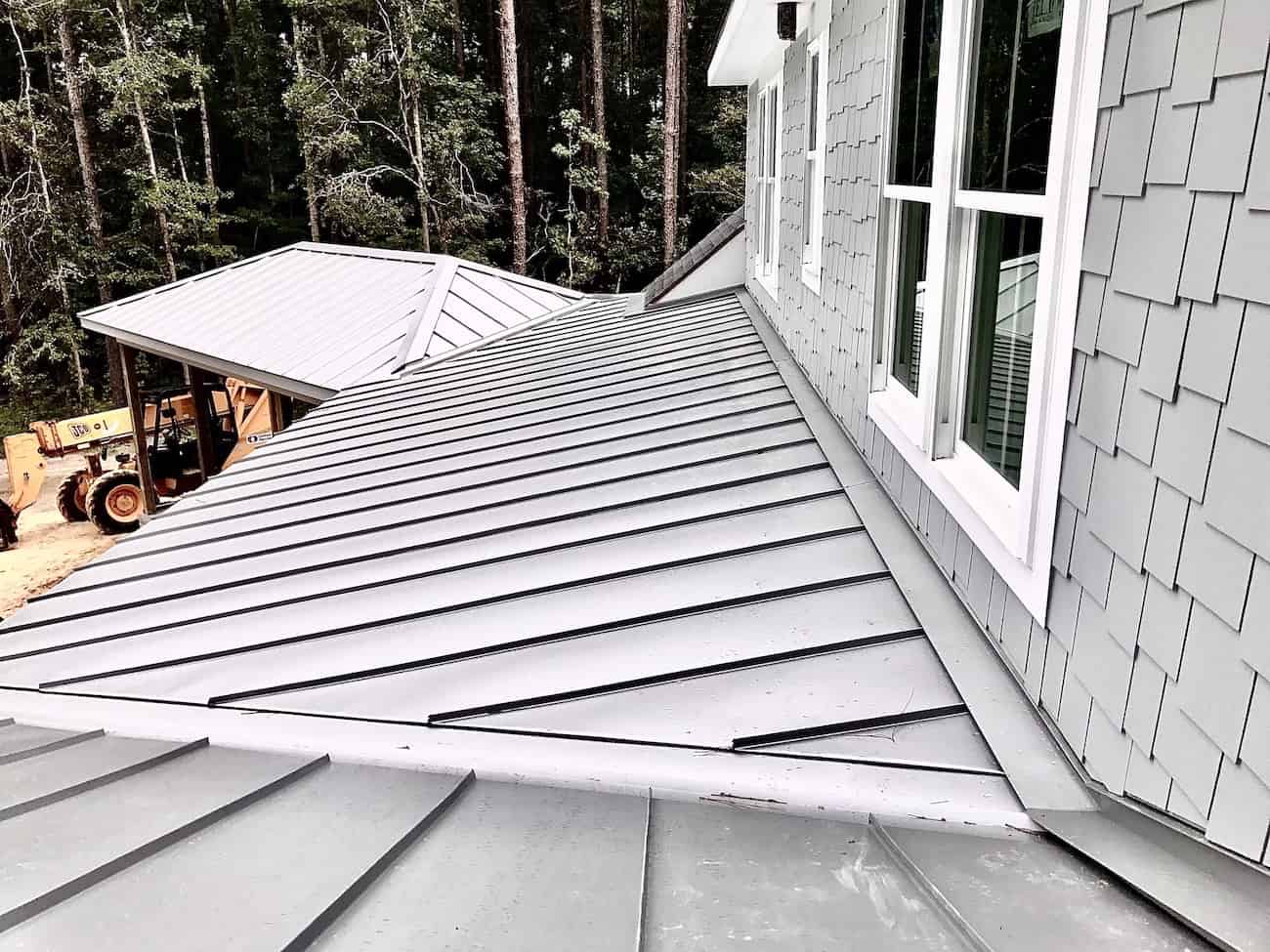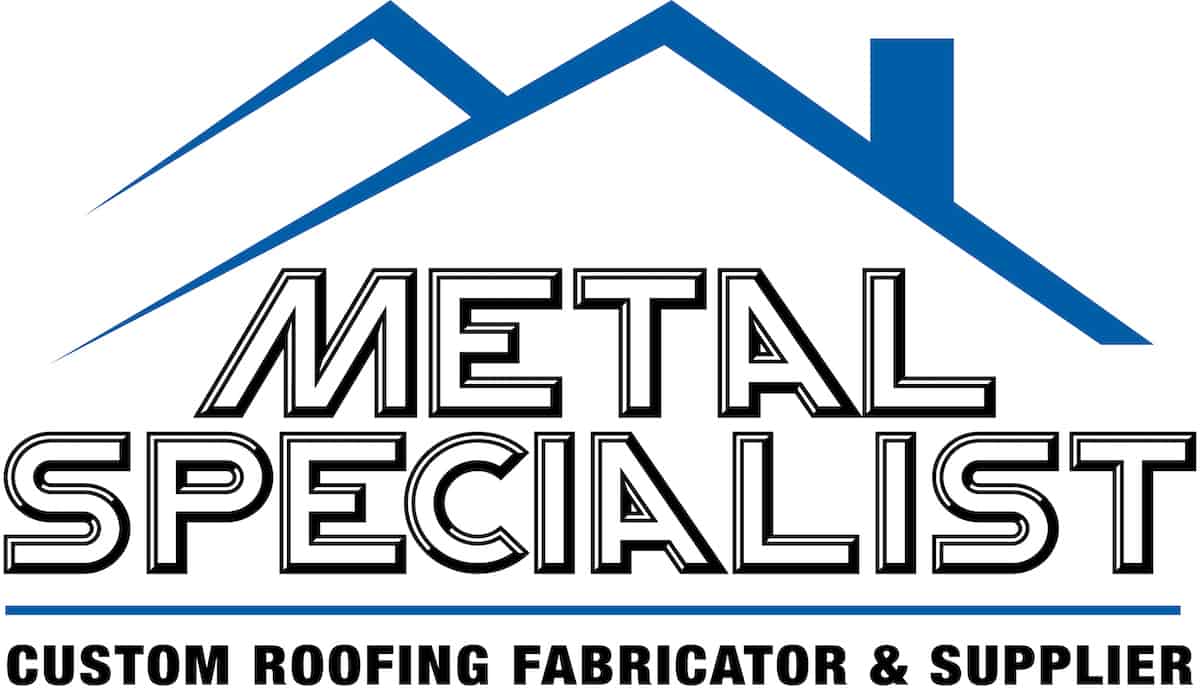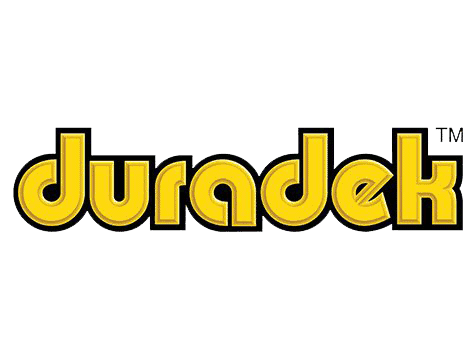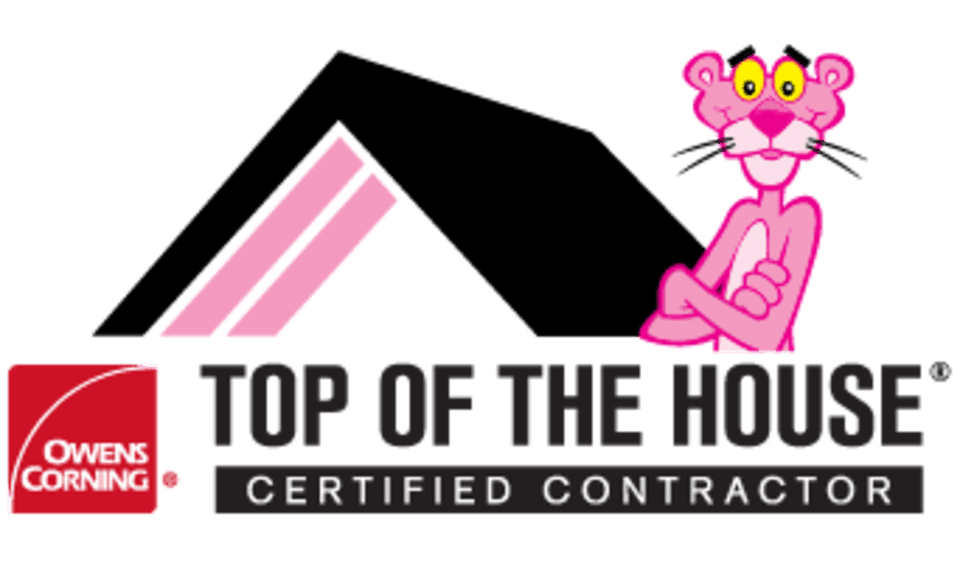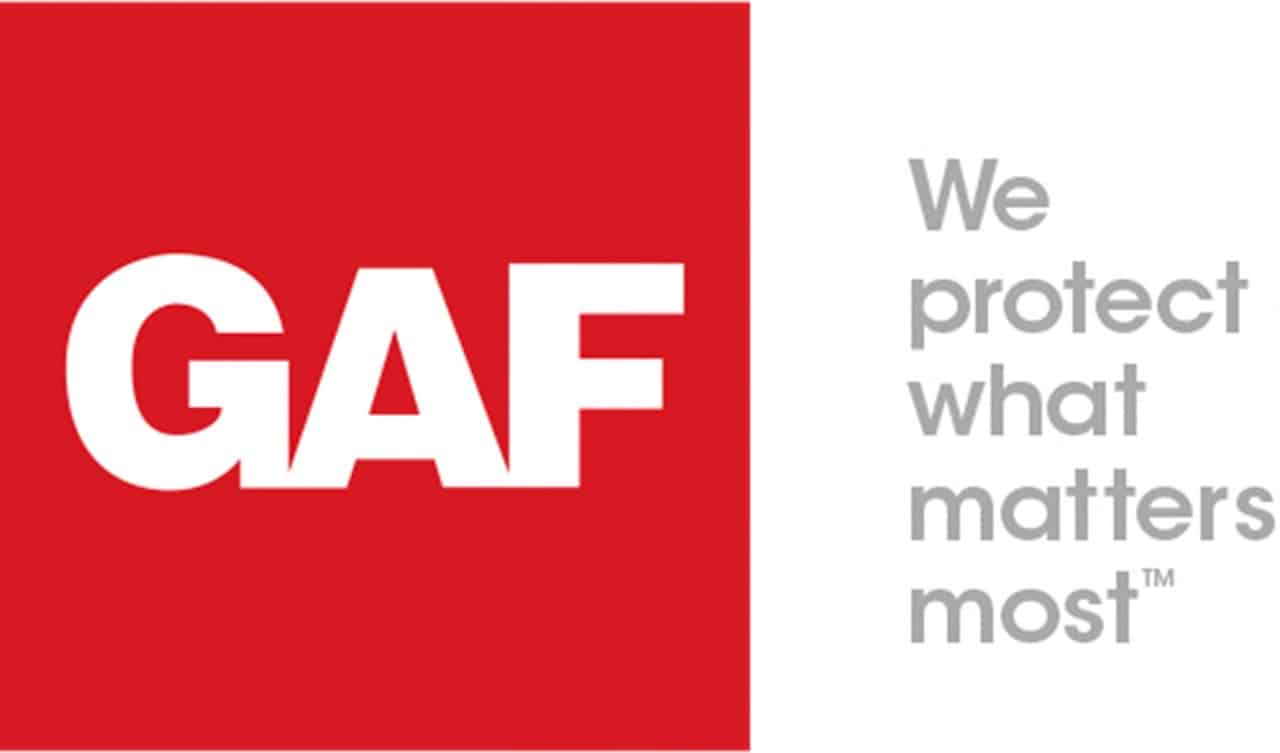FREQUENTLY ASKED QUESTIONS
- All
- Aluminum Metal Roofing
- Financing
- Insurance
- Metal Roofing
- Product FAQ
- Re-roofing
- Shingle Roofs
- Strengthen Your Roof Program
Yes, aluminum is one of the lightest metal roofing options, which makes it easier to install and less likely to stress the structure of your home.
No, aluminum is naturally resistant to rust and corrosion, which is especially beneficial in humid or coastal environments.
The cost of implementing FORTIFIED standards can vary widely depending on several factors, including the type of FORTIFIED designation (such as FORTIFIED Roof™, FORTIFIED Home™–Hurricane, or FORTIFIED Home™–High Wind), the size and condition of your property, local labor rates, and the specific upgrades required to meet the standards.
General Cost Range:
- FORTIFIED Roof™: The average cost for a FORTIFIED Roof ranges from $1,000 to $5,000, in addition to the regular cost of a roof replacement, depending on the specific requirements.
- FORTIFIED Home™: For whole-home designations like FORTIFIED Home™–Hurricane, costs can range from $5,000 to $15,000 or more, depending on the required upgrades.
Potential Savings and Incentives:
Many homeowners find that the upfront investment in FORTIFIED standards can be offset by potential savings in insurance premiums, as FORTIFIED homes are often eligible for discounts. Additionally, the increased resilience against extreme weather can reduce long-term repair and maintenance costs, making it a valuable investment for property owners in hurricane- or high-wind-prone areas.
The FORTIFIED program, developed by the Insurance Institute for Business & Home Safety (IBHS), offers significant benefits for homeowners and businesses, particularly in areas prone to extreme weather. Here are the key benefits of the FORTIFIED program:
1. Increased Resilience Against Severe Weather
- The FORTIFIED program establishes construction and retrofitting standards designed to withstand hurricanes, high winds, hail, and severe thunderstorms. Homes and buildings built to FORTIFIED standards are more resistant to damage from these events, reducing the likelihood of costly repairs and rebuilds.
2. Potential Insurance Savings
- Many insurance companies offer discounts on premiums for homes and buildings that meet FORTIFIED standards, as they pose a lower risk for damage claims. This can result in substantial annual savings, especially in high-risk areas.
3. Lower Repair Costs After Storms
- FORTIFIED structures are specifically designed to minimize damage during extreme weather, which means fewer repairs and quicker recovery following a storm. By focusing on key areas like roof structure and wind-resistant design, the FORTIFIED program reduces repair costs over time.
4. Increased Property Value
- Homes and buildings with a FORTIFIED designation are often seen as more valuable due to their enhanced resilience and lower insurance costs. This can make properties more appealing to potential buyers, especially in hurricane-prone areas.
5. Enhanced Peace of Mind
- Knowing that your home or business has been built or retrofitted to withstand severe weather provides peace of mind. FORTIFIED certification assures that your property meets the highest standards for resilience, reducing anxiety around storm season.
6. Environmental Benefits
- Reducing the need for frequent repairs and rebuilds after storms means less waste and less demand on resources. The FORTIFIED program’s focus on durability contributes to more sustainable building practices, benefiting the environment.
7. Comprehensive, Scalable Standards
- The FORTIFIED program offers scalable levels of protection (FORTIFIED Roof™, FORTIFIED Home™–Hurricane, FORTIFIED Home™–High Wind), allowing property owners to choose the level of resilience that suits their needs and budget. This flexibility makes the program accessible for a range of building types and locations.
Overall, the FORTIFIED program offers financial, structural, and environmental benefits, helping to protect properties, reduce costs, and provide peace of mind to property owners.
Atas Standard 0.032″ Kynar® Aluminum and 24 Gauge Galvalume Steel Common Chimney Caps Color Options
Copper

Aluminum
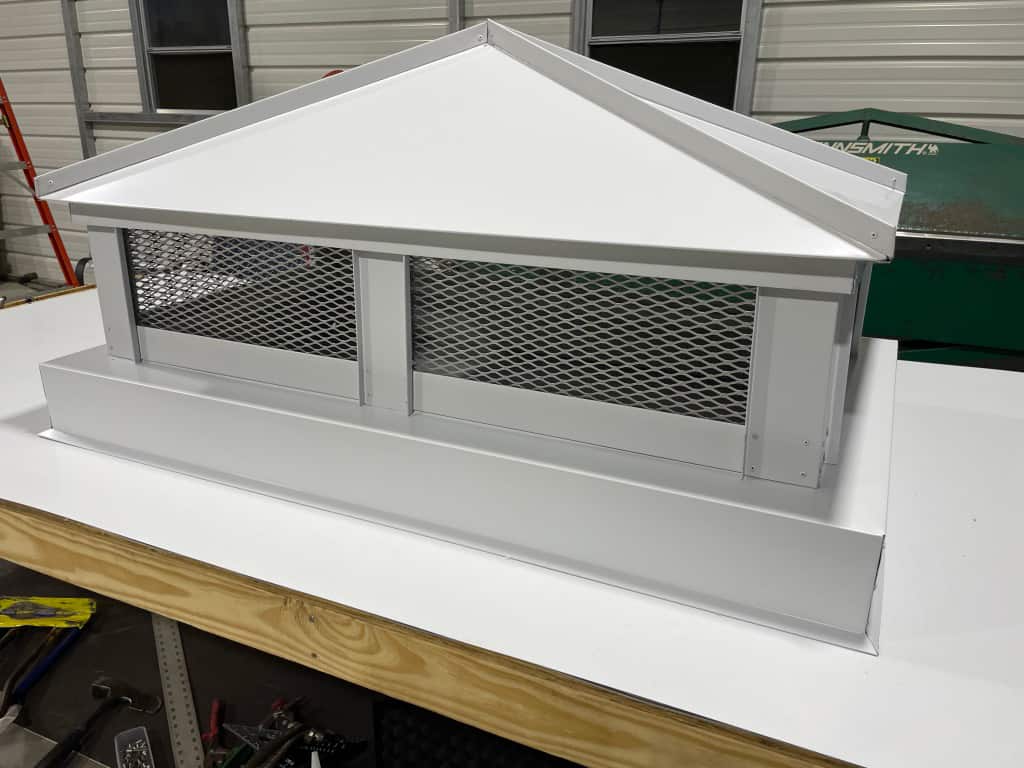
Stainless Steel
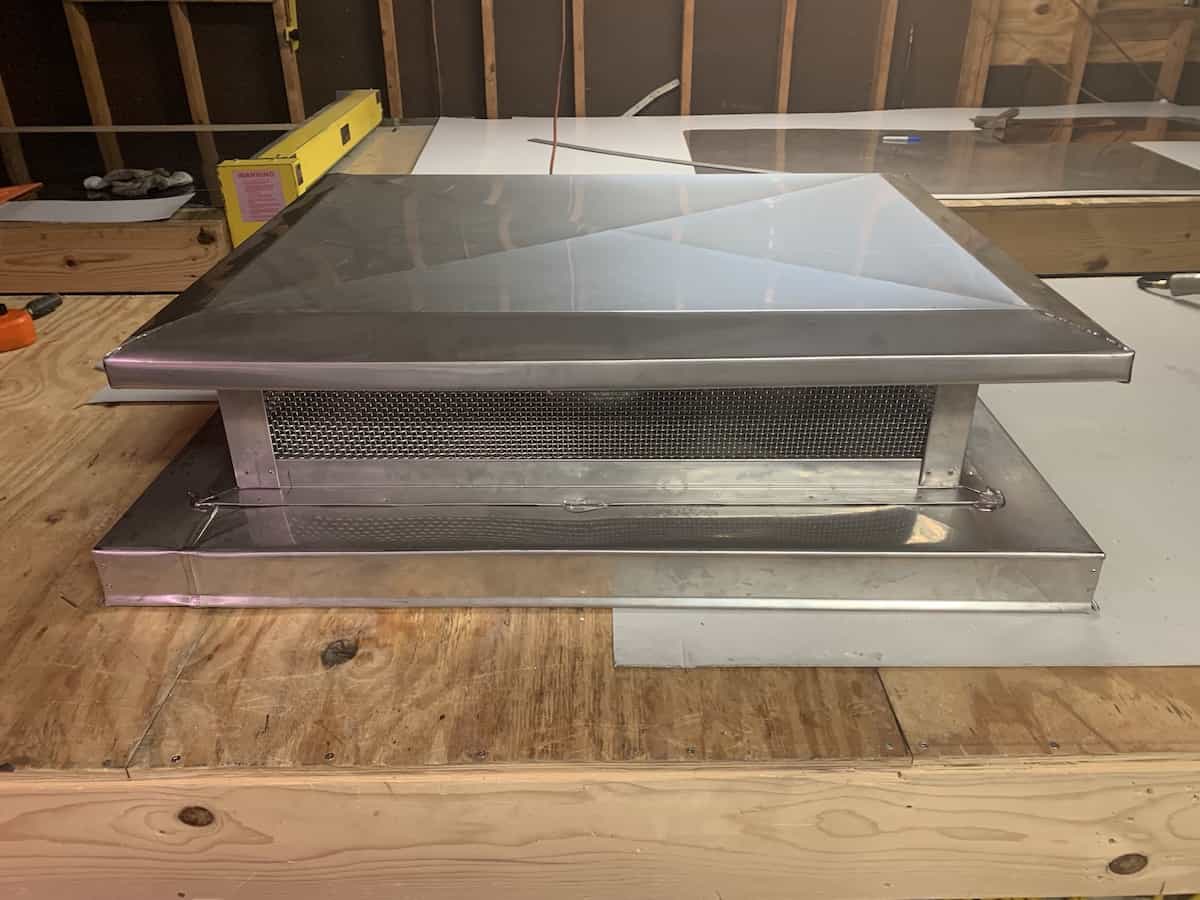
It is difficult to figure out how long a repair job will take. Emergency repairs are the priority and then structural damage is repaired before new shingles are installed. Minor repairs can be done in 1-2 days while larger and more extensive damage can take longer.
Yes! Homeowners can apply for several flexible financing options on our website.
Yes, that’s correct! We will work with your insurance company to make sure they have everything they need to properly and accurately file your insurance claim and get you the coverage you need.
There are a lot of factors that can affect the cost of a roof replacement. You can expect to pay anywhere from $280 to $560 per square for a new roof. Some factors include roof pitch, roof height, amount of shingle layers, insurance pricing, retail pricing and more. Roof repairs cost can start at $350 and up,Depending on the work that needs to be done.
Applications will be accepted until December 31, 2021 and will be awarded on a first-come, first-served basis until all available funds have been awarded or until December 31, 2021, whichever comes first.
Once an application is approved, policyholders have until April 22, 2022 to complete the installation of a FORTIFIED Roof™.
Currently, grant funds carry a tax liability. The policyholder accepts responsibility for all tax liability associated with the receipt of the grant. NCIUA will require a completed W-9, which is a request for the policyholder’s taxpayer identification number. The policyholder should consult with a tax advisor regarding any tax implications. NCIUA is hopeful the Thompson-Calvert legislation (HR 5494) that is co-sponsored by NC Congressman David Rouzer (7th District) and supported by NC Insurance Commissioner Mike Causey will become federal law. This bill would protect North Carolina residents who receive state-based Strengthen Your Roof grants from having to pay federal income tax on the grant money they receive. This bipartisan legislation ensures consistent federal tax treatment for grants received by homeowners for mitigation work and encourages state-based mitigation and resiliency programs. Congress previously recognized the importance of encouraging and investing in pre-disaster mitigation. In 2005, Congress expressly excluded grants provided through FEMA from federal income tax. This legislation would fix the inconsistency and provide tax parity for residential retrofit grants.
Prospective applicants are encouraged to check their eligibility for a grant. Applications will be accepted until December 31, 2021 and will be awarded on a first-come, first-served basis until all available funds have been awarded or until December 31, 2021, whichever comes first. You are encouraged to apply as soon as possible to reserve your grant.
A limited number of grants (approximately 2,500) will be awarded on a first-come, first-served basis until all available funds have been awarded or until December 31, 2024, whichever comes first. Policyholders are encouraged to apply as soon as possible to reserve a grant.
A limited number of grants (approximately 2,500) will be awarded on a first-come, first-served basis until all available funds have been awarded or until December 31, 2024, whichever comes first. Policyholders are encouraged to apply as soon as possible to reserve a grant.
This is a pilot program because it is currently 100% funded by NCIUA, small scale, short term, and limited in geographic scope. Currently, this program is limited to the most exposed areas in North Carolina. However, NCIUA has been actively working with legislators and government officials to get the funding needed to allow this program to be offered to more coastal property owners in North Carolina.
Please visit https://ibhs.org/strategy/overview/ to learn more about IBHS.
The FORTIFIED Home™ building standards, developed by IBHS after two decades of scientific research, are a set of voluntary construction upgrades that builders and roofers make to improve a building’s resistance to the effects of severe weather. FORTIFIED Roof™ increases the number and strength of the nails used to attach the roof deck to a home, significantly increasing the amount of wind uplift the roof can withstand. The standards also require that edges around the perimeter of the roof have enhanced attachment, strengthening one of the most vulnerable areas of a roof system. Finally, FORTIFIED Roof™ requires the gaps between the roof decking to be sealed, which prevents water from getting into a home, even if shingles are blown off, which is to be expected in hurricane force winds. This can reduce potential water intrusion by more than 95 percent compared to a standard roof, dramatically lowering the possibility a homeowner will be forced from their home for an extended period of time, even if the roof covering is damaged. FORTIFIED Roof™ is an accessible and affordable way to increase a home’s ability to withstand the next storm.
The Insurance Institute for Business & Home Safety (IBHS) is an independent, nonprofit, scientific research and communication organization supported solely by property and casualty insurers and reinsurers that conduct business in the United States.
Convinced that the continuing cycle of human suffering that strikes families and communities in the wake of severe weather can be broken, IBHS is a team of scientists and risk communicators who deliver strategies to build safer and stronger homes and businesses.
Hurricane Florence, Hurricane Dorian, and Hurricane Isaias were the latest reminders that strong roofs are a front-line defender against high winds and severe rain. When a roof fails, it can initiate a cascade of damage to both a home’s interior and its structure. According to IBHS, in most years, roof-related damage is responsible for 70-90 percent of total insured residential catastrophic losses, depending on specific weather events. As startling as that statistic may be, it fails to capture the gravity of the human consequences and loss that results from roof failures—damaged homes and businesses disrupt daily life, derail careers, and destroy financial security. That’s why it is critical for homeowners, business owners and communities to protect roofs from the effects of severe weather.
The program will provide you with a grant up to $6,000 for roof replacement with an IBHS FORTIFIED™
NCIUA’s STRENGTHEN YOUR ROOF is a pilot mitigation program that will provide grants up to $6,000 for roof replacement with an IBHS FORTIFIED Roof™. This program is open to eligible Homeowner policyholders with properties on the Outer Banks and Barrier Islands (rating territories 110 and 120).
A limited number of grants are available and will be awarded on a first-come, first-served basis until all available funds have been awarded or until December 31, 2021, whichever comes first. You are encouraged to apply as soon as possible to reserve your grant.
Metal roofs are not noisy. There is a misconception that all metal roofs make a lot of noise. Most metal roofs are designed and installed to be no louder than any other roof type, even if some systems can experience noise in certain circumstances, some can be louder than others, there are people who want to hear the sound of rain. metal roofs can be installed in a way that makes noise as loud or as quiet as you want.
The three-tab or strip shingles have a flat appearance and are the most common shingles. An architectural shingle has an additional layer of shingle material laminated on top to provide a more interesting appearance on the roof. The warranty on architectural shingles is more substantial than that on standard strip shingles. In North Carolina, sphalt shingles remain the most popular roof covering. The market has been dominated by architectural shingles in the last few years.
It’s hard to say which product is best because of all the different products available. Asphalt shingles are the most common type of roofing materials used in North Carolina. They tend to last around 25 years. Hiring a competent and experienced roofing contractor is crucial. 50 North Roofing will install a high-quality roofing system that’s durable, long lasting and well worth the investment. In addition to the basics such as underlayment, flashing, and ventilation, all the different components of the roof are critical to getting the most life out of your roof. 50 North Roofing offers additional warranties because we are accredited by the major manufacturers.
If you have never gone through the process before, replacing a roof can be frightening. A check list of items that will make the job much more comfortable for you is what 50 North Roofing prepares you well ahead of the start of the job. 50 North Roofing will work to protect you and your home during the roof replacement process, and make sure your household items are protected as well. Loud noise will be the main thing to expect during the process. Choosing a roofing contractor like 50 North Roofing, offers our clients peace of mind when they hire us to replace their roof.
Trusted Partners
Contact 50 North Roofing Co by giving us a call or by filling out our contact form below.
Schedule your estimate today!
910-431-7865
